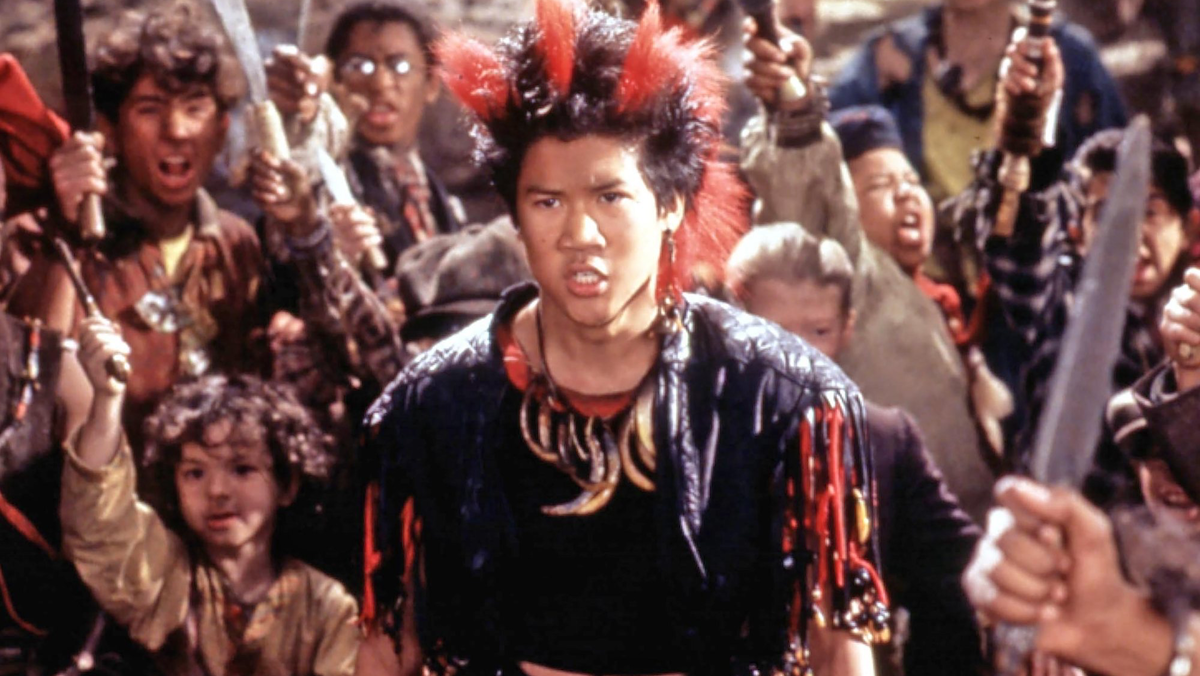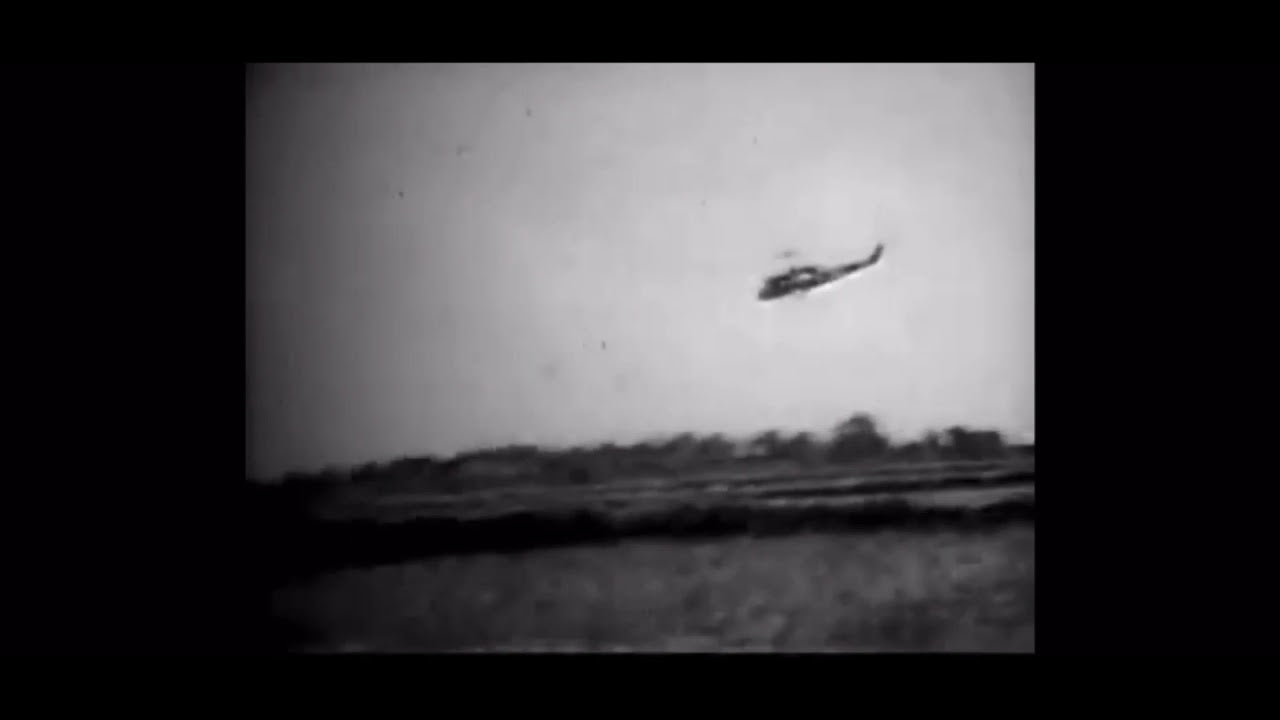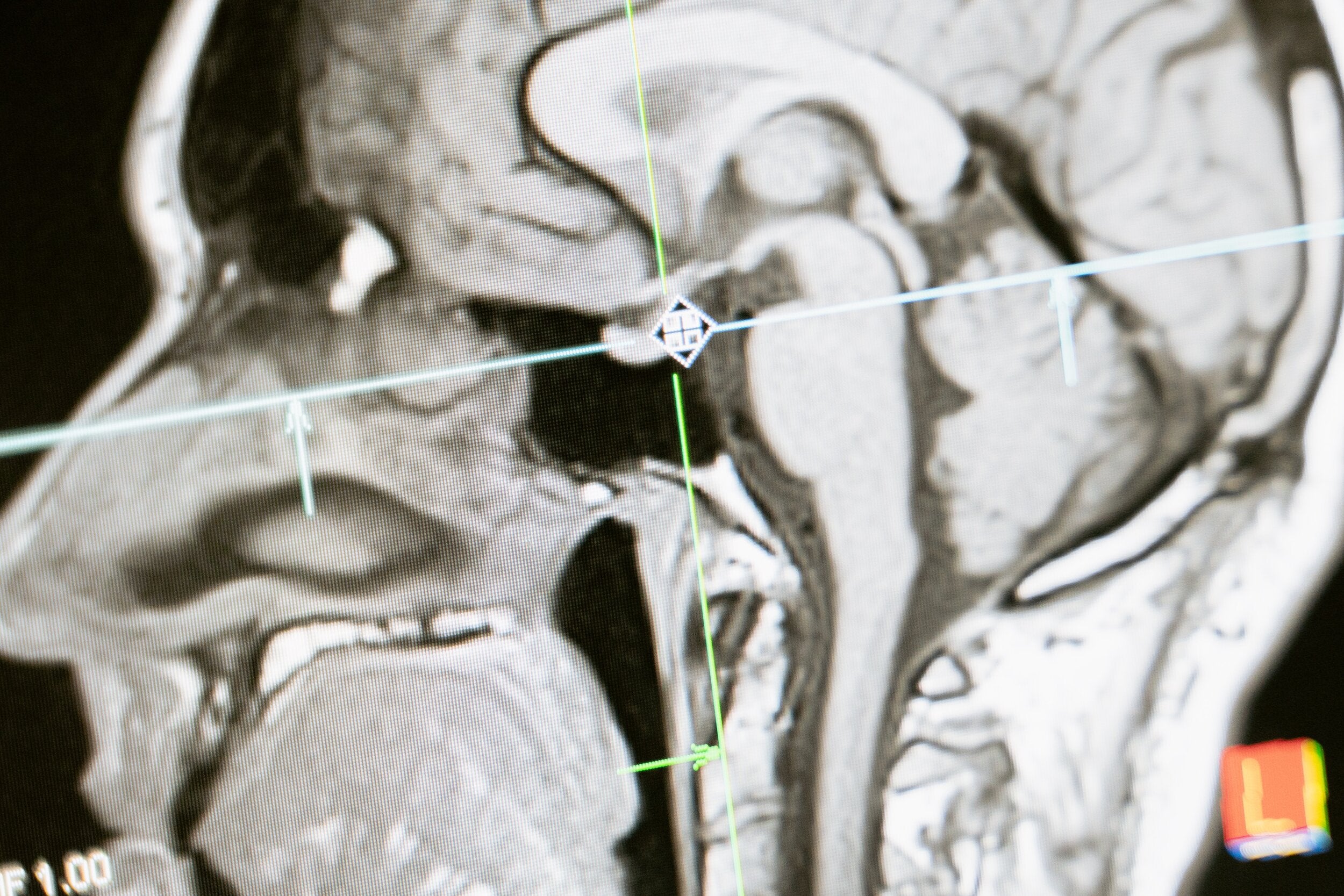
Brave Men and Lost Boys
Peter Banning (played by Robin Williams): To die would be a great adventure!
Captain James Hook (played by Dustin Hoffman): Death is the only adventure you have left.
- Hook (1991)
So the story goes that J.M. Barrie, the original author of the stories of Peter Pan, saw Neverland as an afterlife of sorts. All of the Lost Boys were already dead. And Peter Pan was really an angel--there to gently guide the Lost Boys into the next life.
Fast forward 30 years after watching Hook for the first time, and I’m standing in my front yard holding a cup of coffee. Perhaps like your house, a flag blows gently in the onshore sea breeze behind me.
As I do most mornings, I close my eyes and just listen to the sound of the birds for 30 or 45 seconds. Usually, I pass through some part of a spectrum of gratitude for being alive and feeling well enough to make my coffee and step outside.
This week I've been meditating on something that war correspondent Ernie Pyle wrote in his book "Brave Men". In the book, Pyle explained how for many of the soldiers on board transport ships bound for the amphibious invasion, it wasn't the physical fear of death that scared them. So it wasn't the thought of death itself that bothered them; rather it was the idea that they would be giving up their futures.
As you get older and spend more time in a profession that death accompanies, I think you realize that dying is the easy part. I know for me personally, I worry about the physical part very little. Sifting through my brother's ashes showed me that it was okay. Or a few years later, acknowledging that I was about to start coughing and never stop coughing and that trapped inside an underwater cave, this would be the very last thing I would ever do, that showed me that it was okay. Or perhaps--and this critically--not that it was okay but that it would be okay.
The Old Master Pyle, who was killed by a sniper's bullet near Okinawa less than two years after he wrote this, laid it out for us:
"One of the nights before we sailed I sat in the darkness on the forward deck helping half a dozen sailors eat a can of stolen pineapple. Some of the men of the group were hardened and mature. Others were almost children. They all talked seriously, and their gravity was touching.
Younger ones spoke but little. They talked to me of their plans and hopes for going to college or getting married after the war, always winding up with the phrase “If I get through this fracas alive.”
As we sat there on the hard deck—squatting like Indians in a circle around our pineapple can—it all struck me as somehow pathetic. Even the dizziest of us knew that before long many of us stood an excellent chance of being in this world no more. I don’t believe one of us was afraid of the physical part of dying. That isn’t the way it is. The emotion is rather one of almost desperate reluctance to give up the future. I suppose that’s splitting hairs and that it really all comes under the heading of fear. Yet somehow there is a difference.
These gravely-yearned-for futures of men going into battle include so many things—things such as seeing the ‘old lady’ again, of going to college, of staying in the Navy for a career, of holding on your knee just once your own kid whom you’ve never seen, of again becoming champion salesman of your territory, of driving a coal truck around the streets of Kansas City once more and, yes, even of just sitting in the sun once more on the south side of a house in New Mexico.
When we huddled around together on the dark decks, it was these little hopes and ambitions that made up the sum total of our worry at leaving, rather than any visualization of physical agony to come."
Somewhere, far off in time and space, the Lost Boys are plotting the once-and-final assault on the pirate ship. Their game can never be ours until one day when it is.
In the meantime, those of us left here make the most of long summer days, the feel of sunburn on our back and shoulders, and clean sheets when night finally comes. Some of our present adventures may end in misadventure, and that’s okay too. We will see you soon, Rufio. But not yet.
Written By Andrew Schrader
June 1, 2021
Andrew Schrader (@reconresponse) is a commercial pilot and Urban Search and Rescue (US&R) Structures Specialist.









